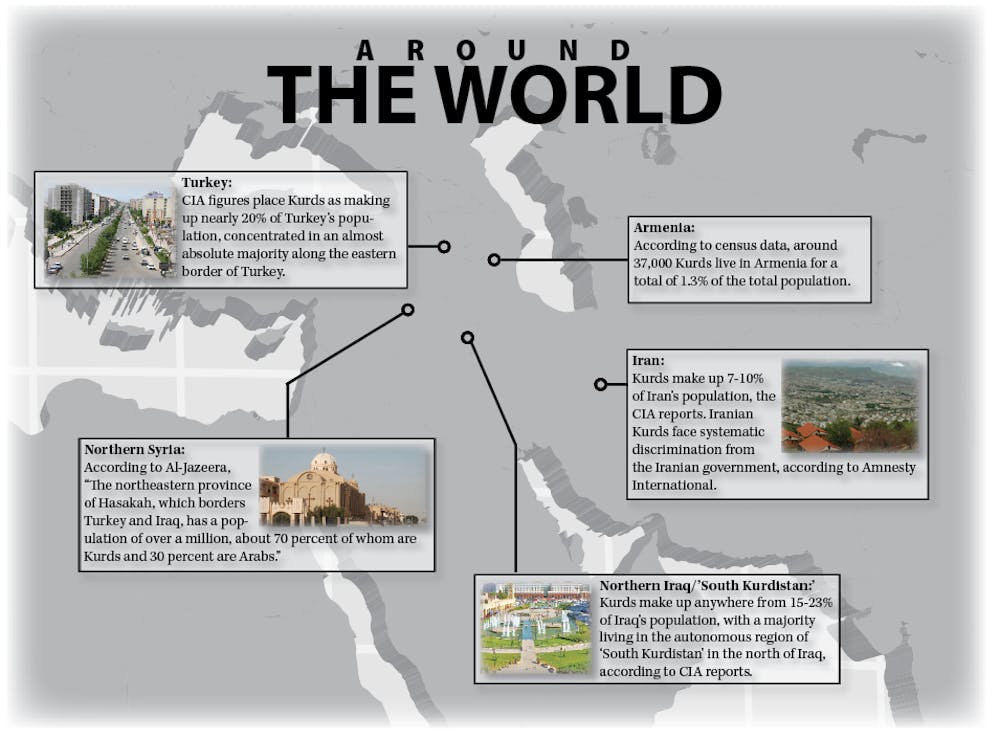By Patrick Neer | Echo
The Kurdistan Worker's Party (PKK), a Kurdish separatist group, threatened to resume hostilities with the Turkish government last week after a seven-month truce in the face of stalled peace talks, according to Al-Jazeera. The tenuous ceasefire, established in March, was conditional on the withdrawal of PKK forces from Turkey and the pursuit of a peaceful settlement by Turkish leaders.
These are conditions the PKK leadership feel have not been met.
The PKK was founded in the 1970s by Abdullah Ocalan and a group of students out of Ankara, but it didn't gain its paramilitary reputation until 1984. At this time, the group began to use training camps in France to launch attacks and bombings on Turkish government targets. This violence led the PKK to be labeled as a terrorist organization by both the U.S. and the EU, and continued until 1999, when Ocalan was captured by Turkish forces.
Amy Mantravadi, a 2008 Taylor alumnus who worked for the Egyptian Press Office in Washington, compared the conflict between Turkey and the PKK to the U.S.'s frustrations in dealing with Taliban forces.
"The U.S. has struggled to combat Taliban forces in Afghanistan because they can fall back to their safe havens in Pakistan," Mantravadi said.
The ceasefire is the latest in a series of tiptoes toward reconciliation between the PKK and Turkey. Although Mantravadi called the peace talks "the most positive development we have seen on this front in several years," she characterized the talks as a "two steps forward, one step back" process.
The Turkish Prime Minister, Recep Tayyip Erdogan, has taken a conciliatory tone, offering wider rights to Turkish Kurds at the risk of alienating his native Turkish base, while Ocalan has called for the PKK to dial back on using violence as a vehicle for change, Al-Jazeera reported.
Despite this optimism, reform has been slow to coalesce.
Cemil Bayik, a founding member of the Kurdish nationalist group, claimed that Turkey was stalling on peace talks while waging a proxy war against the PKK in Syria by supporting and arming hostile rebel groups, Al-Jazeera reports. In Syria, a PKK-backed Kurdish militia retaliated by seizing a border post from Syrian rebels linked with Al-Qaeda in the Hasakah province of northeast Syria on Sunday, according to the BBC. The Syrian National Coalition claimed that Iraqi ground forces had assisted the Kurdish militias in capturing the region, a claim that Iraq's government staunchly denied.
"The last thing we need is to get dragged into a military combat inside Syria. We will not engage in any way," an Iraqi security official told Al-Jazeera.





